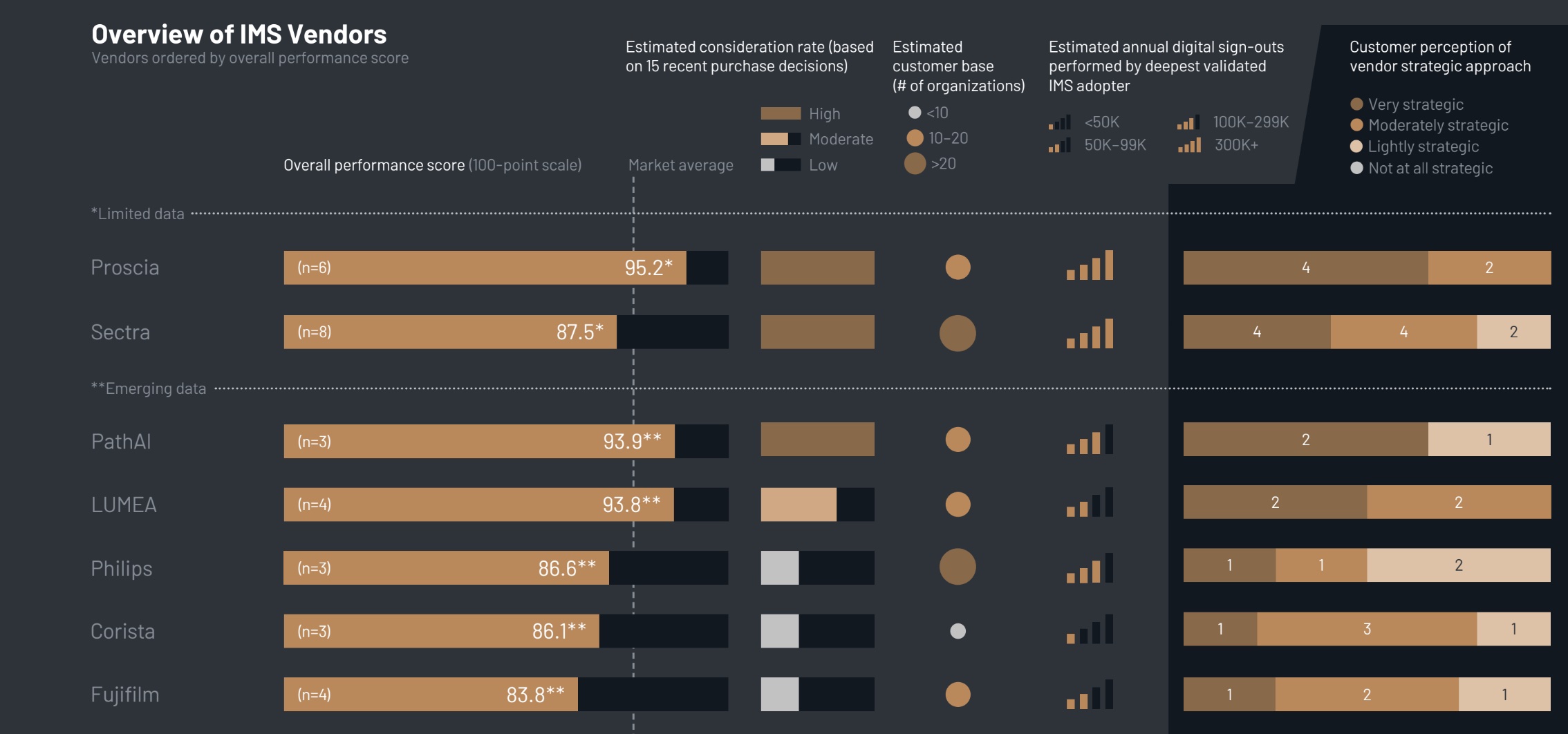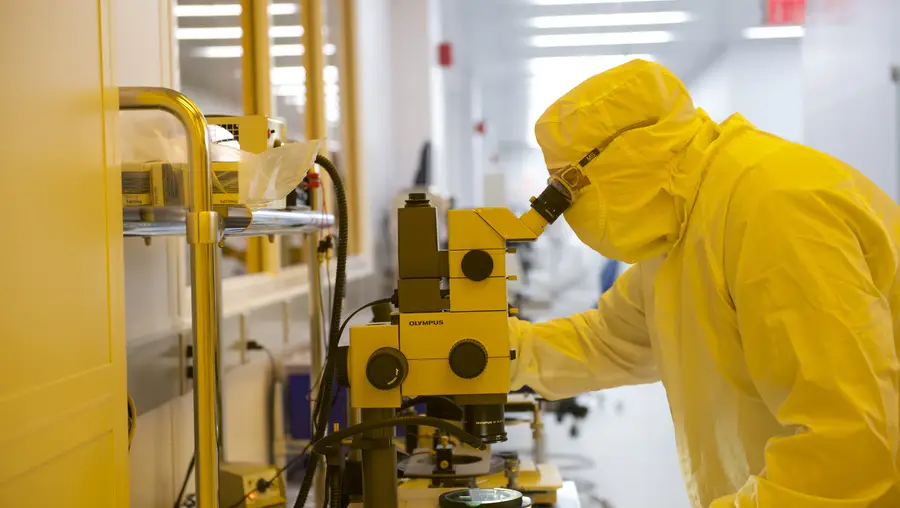New treatment options are on the horizon for patients with triple-negative breast cancer, a particularly aggressive form of the disease. Recent clinical trial results from both AstraZeneca and Gilead Sciences have shown promising outcomes with antibody-drug conjugates, marking a significant advancement in the treatment landscape after more than a decade without new first-line therapies. This development is especially crucial for women whose tumors do not express the proteins targeted by existing immunotherapies, such as checkpoint inhibitors.
The trials compared these innovative therapies to traditional chemotherapy regimens for patients with metastatic triple-negative breast cancer who are not suitable candidates for immunotherapy. Approximately 10% to 20% of breast cancer diagnoses are classified as triple-negative, underscoring the importance of these new findings. The results may leave healthcare providers with the challenge of deciding which of the new drugs to prescribe, adding complexity to treatment decisions.
In related news, the landscape of scientific communication is facing significant challenges, as highlighted by venture capitalist Noubar Afeyan, co-founder of Moderna Therapeutics. Afeyan has observed a troubling shift in public perception regarding mRNA technology, which played a critical role in combating the COVID-19 pandemic. He cautioned that recent political rhetoric, including attacks spearheaded by figures such as Robert F. Kennedy Jr., reflects a broader assault on scientific integrity and expertise.
Afeyan articulated concerns that misinformation surrounding mRNA vaccines could lead to a decline in public trust in established medical practices, including chemotherapy and emerging treatments for various diseases. He noted that the scientific method, which encourages constant skepticism, is being misused by those lacking appropriate backgrounds to challenge established knowledge without credible evidence.
As the medical community grapples with these developments, the successful trials from AstraZeneca and Gilead Sciences represent a beacon of hope for patients who have long awaited effective treatment options. The implications of these studies extend beyond individual therapies, potentially reshaping how clinicians approach breast cancer treatment in the years to come.
In summary, the recent trial results signify a pivotal moment in the treatment of triple-negative breast cancer, offering new avenues for clinicians and patients alike. As discussions around scientific integrity and public health continue to evolve, the need for credible information and robust treatments remains paramount.







